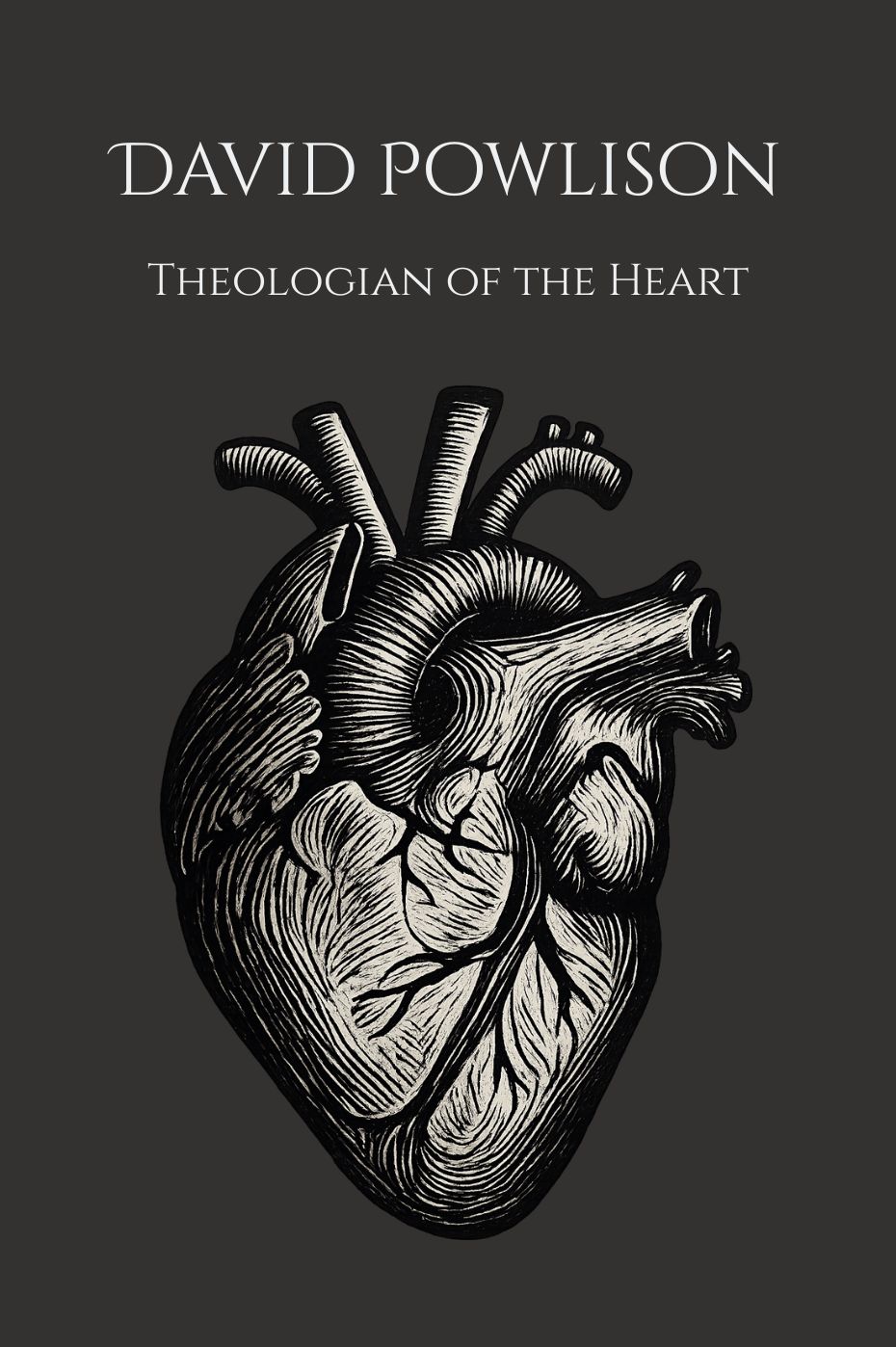The antagonist in The White Door has a circle tattoo on the top of his hand. Since symbolism can be so deep and diverse in literature, especially for something like a circle (often connoting wholeness or completeness), I thought I would give readers a window into the theology behind that decision. Why does Skotos have a circle tattoo? The short answer is that he is a one-circle thinker.
Two-Circle Thinkers
The Christian view of the world portrays reality as two circles. In Reformed theology, we call this the Creator-creature distinction. Cornelius Van Til, the famed Westminster apologist, would draw two circles on the chalkboard. He would claim that Christians are two-circle thinkers. They believe that this world is not all there is. We have a Creator and sustainer who voluntarily reveals himself in the things that he has made (Rom. 1:20; Ps. 19:1-4).

This means that creation is always dependent on God. And because of that dependence, it is always and everywhere revealing him. Two-circle thinkers are, at their best, filled with humility, gratitude, and worship. They see all of life as a gift from a Giver beyond comparison.
One-Circle Thinkers
In contrast to two-circle thinkers are what Van Til called one-circle thinkers. For such people, God is not part of the world. He either does not exist or is irrelevant to our existence. For all intents and purposes, we are on our own. We are trapped in what Charles Taylor calls "the immanent frame," a bubble of existence void of higher purpose, transcendence, or God-given meaning. One-circle thinkers are, at their worst, consumers, materialists, and hedonists. They see life as a thing to be used, abused, and discarded. If they worship anything, it is either a human experience (hedonism) or themselves (egoism).
Skotos
In The White Door, Skotos bears a circle tattoo on his right hand because he is the ultimate one-circle thinker. As a Satan figure, he is interested in exploiting and destroying the world around him. He has no motives that extend beyond the ravaging and corruption of the good world that surrounds him, including God's image-bearers.
Our world is still filled with one-circle thinkers. Perhaps they aren't as evil as Skotos, but they are still capable of tearing down the people around them. Being a two-circle thinker requires constant submission to the Lordship of a good and self-giving God.
Read about Skotos in The White Door









